Hollywood Strike: Actors Join Writers, Bringing Production To A Halt
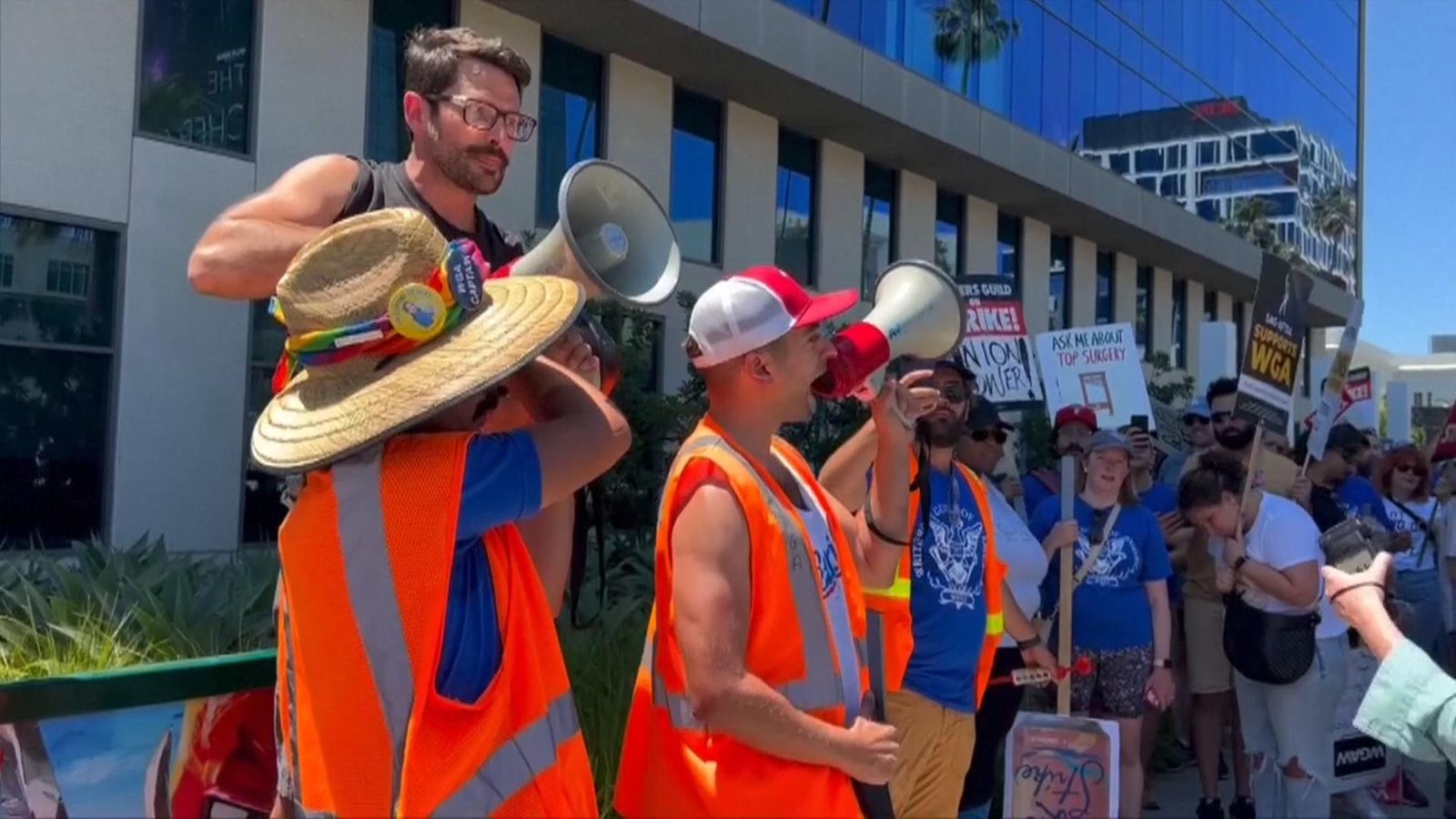
Table of Contents
The Writers' Strike: Setting the Stage
The initial writers' strike, launched by the Writers Guild of America (WGA), set the stage for the current crisis. The WGA's key demands centered around fair wages in the streaming era, the threat of AI, and a more equitable distribution of residuals. The traditional Hollywood model, built on network television and theatrical releases, has been fundamentally disrupted by the rise of streaming platforms like Netflix, Disney+, and HBO Max. This shift has led to significant changes in how writers are compensated.
- Demand for increased minimum pay: Writers' salaries haven't kept pace with the massive profits generated by streaming services.
- Concerns over the impact of AI on writers' jobs and creative control: The use of AI to generate scripts poses a significant threat to writers' livelihoods and creative autonomy. The WGA is pushing for regulations to prevent the unchecked use of AI in scriptwriting.
- Fight for fair residuals from streaming platforms: Unlike traditional television, streaming platforms often don't offer writers the same backend participation or residuals for the continued success of their shows.
- The impact of the strike on late-night television and other scripted programming: The strike immediately impacted late-night shows, resulting in cancellations and reruns. Scripted television production across the board was significantly affected.
Actors Join the Picket Lines: A United Front
SAG-AFTRA, the actors' union, joined the picket lines, solidifying a united front against the major studios. Their decision highlighted shared concerns with the writers, demonstrating the interconnectedness of their struggles within the entertainment industry. The actors' strike amplified the pressure on studios, creating a powerful force for change.
- SAG-AFTRA's concerns regarding fair wages and residuals in the streaming era: Actors, like writers, are facing reduced compensation and residuals in the streaming landscape.
- The impact of self-taping and the use of AI on actors' work and job security: The increasing use of self-taping auditions and the potential for AI-generated performances threatens actors' job security and creative control.
- The role of streaming services in the erosion of traditional actor benefits: Streaming services have often offered less comprehensive benefits packages compared to traditional studios.
- The solidarity between writers and actors, and the power of a united front: The combined strike demonstrates the collective strength of the creative workforce and its capacity to influence industry practices.
Key Demands of the Combined Strike
The combined strike of writers and actors presents a unified set of demands aimed at addressing the systemic issues within the entertainment industry. These demands represent a crucial push for fairer labor practices and protections for creative professionals.
- Increased minimum pay: Both writers and actors are demanding significant increases in minimum pay to reflect the increased value of their work in the streaming era.
- Fair residuals from streaming platforms: A central demand is a fairer system of residuals that reflects the ongoing revenue generated by streaming shows and films.
- Regulations on the use of AI in scriptwriting and performance capture: Strict regulations are sought to prevent the misuse of AI, which poses a threat to jobs and creative control.
- Stronger protections for actors and writers: The strike is also about securing stronger protections against exploitation and ensuring better working conditions.
The Impact of the Hollywood Strike: A Ripple Effect
The Hollywood strike's impact extends far beyond the picket lines. The ripple effect is felt throughout the entertainment industry and the wider economy. The consequences are substantial and far-reaching.
- The effect on film and television production schedules: Numerous projects have been indefinitely postponed, causing significant delays and potential budget overruns.
- Job losses among crew members and other industry professionals: The strike has resulted in widespread job losses for countless crew members, including grips, gaffers, and other essential personnel.
- The impact on the global entertainment industry: The strike has global implications, affecting international productions and distribution chains.
- The potential long-term consequences for the future of film and television production: The outcome of the strike could fundamentally reshape the future of film and television production, impacting how content is created and distributed.
Potential Resolutions and Future Negotiations
The ongoing negotiations between the studios and the unions are complex and multifaceted. Several potential paths to resolution exist, each with its own implications.
- Possible scenarios for a resolution: Potential outcomes range from a complete acceptance of union demands to a negotiated compromise that addresses some, but not all, of the key issues.
- The role of studio executives in reaching a compromise: The willingness of studio executives to negotiate in good faith will be crucial in determining the success or failure of negotiations.
- Predictions for the long-term outcome of the strike: The long-term outcome remains uncertain, with significant potential implications for the future of the entertainment industry.
- The potential for legislative intervention: Government intervention remains a possibility, though it's unclear if such intervention would be beneficial or detrimental to either side.
Conclusion:
The Hollywood strike, uniting both writers and actors in an unprecedented show of solidarity, represents a pivotal moment in the entertainment industry. The shared concerns over fair wages, the ethical use of AI, and the equitable distribution of profits in the age of streaming have brought about this significant labor action. Understanding the complexities of this Hollywood strike is crucial for anyone interested in the future of film and television. Stay informed about the ongoing negotiations and the potential resolutions that could shape the industry for years to come. Follow the developments surrounding the Hollywood strike and its effects on related industries to see how this pivotal moment unfolds.

Featured Posts
-
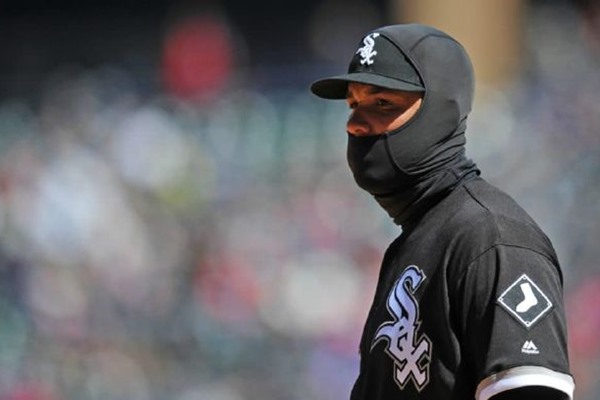 Boston Red Sox Injury Update Crawford Bello Abreu And Rafaela Status
Apr 28, 2025
Boston Red Sox Injury Update Crawford Bello Abreu And Rafaela Status
Apr 28, 2025 -
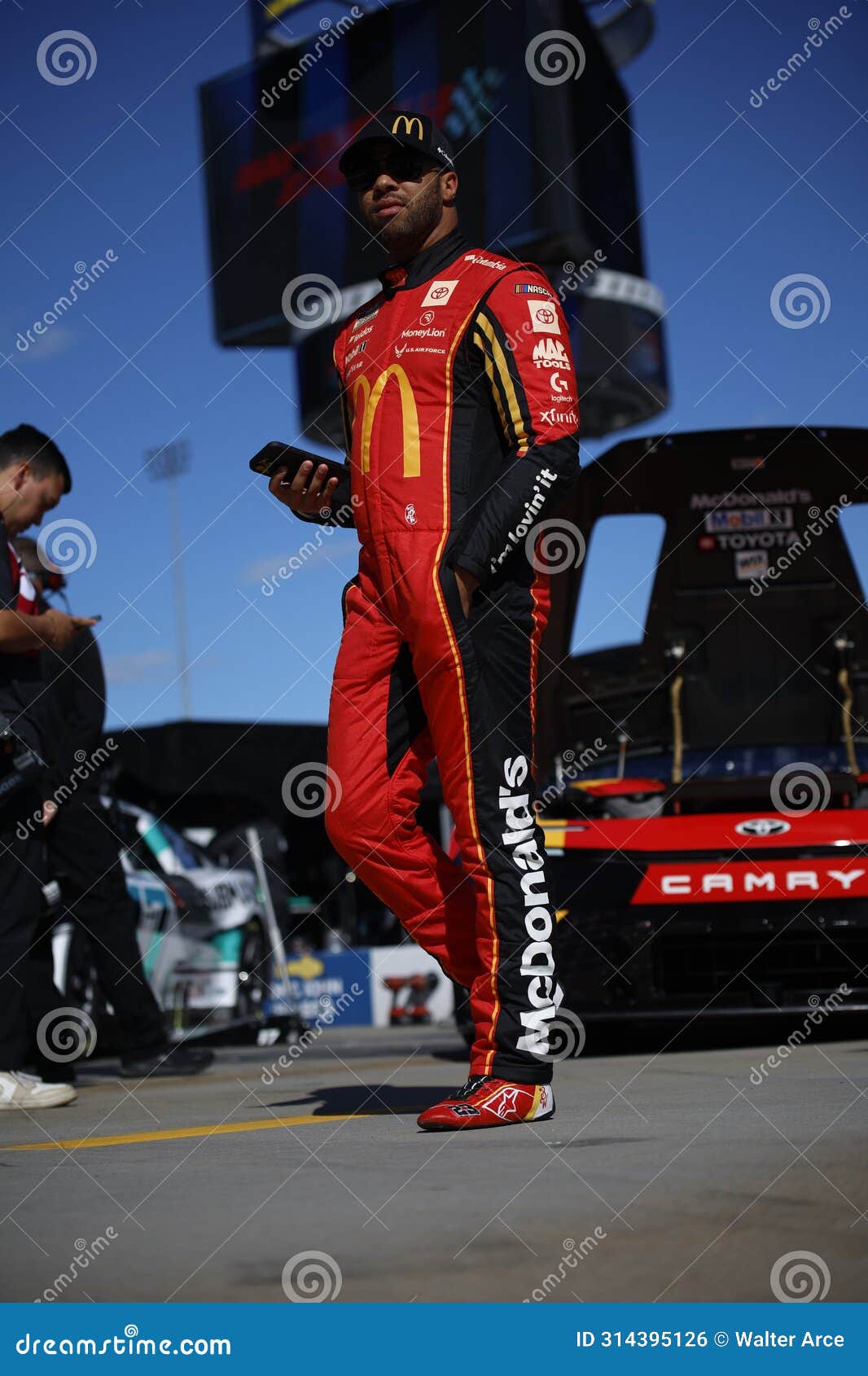 Bubba Wallace Misses Out On Martinsville Victory Final Restart Analysis
Apr 28, 2025
Bubba Wallace Misses Out On Martinsville Victory Final Restart Analysis
Apr 28, 2025 -
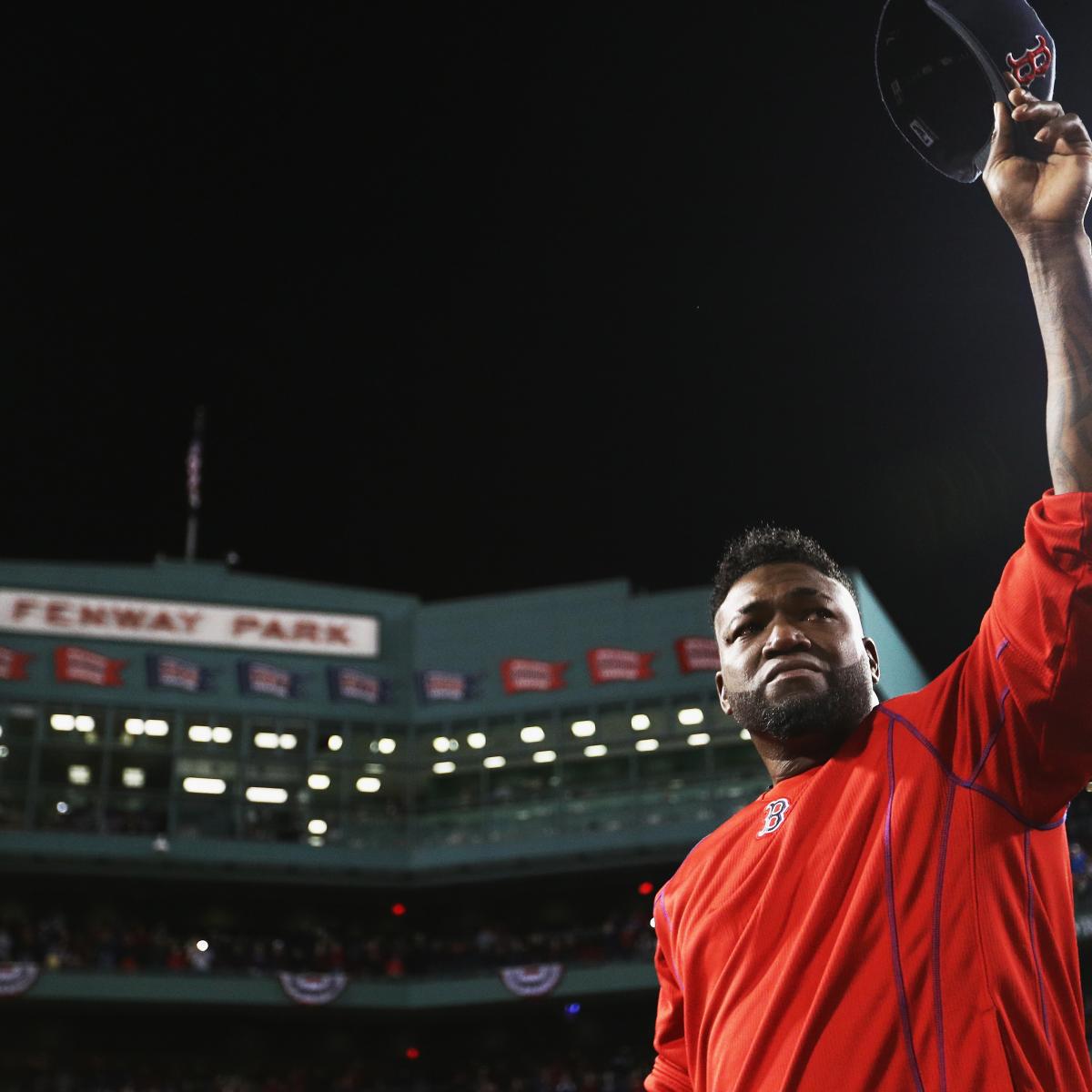 Is This Underrated Red Sox Player Ready For A Breakout Season
Apr 28, 2025
Is This Underrated Red Sox Player Ready For A Breakout Season
Apr 28, 2025 -
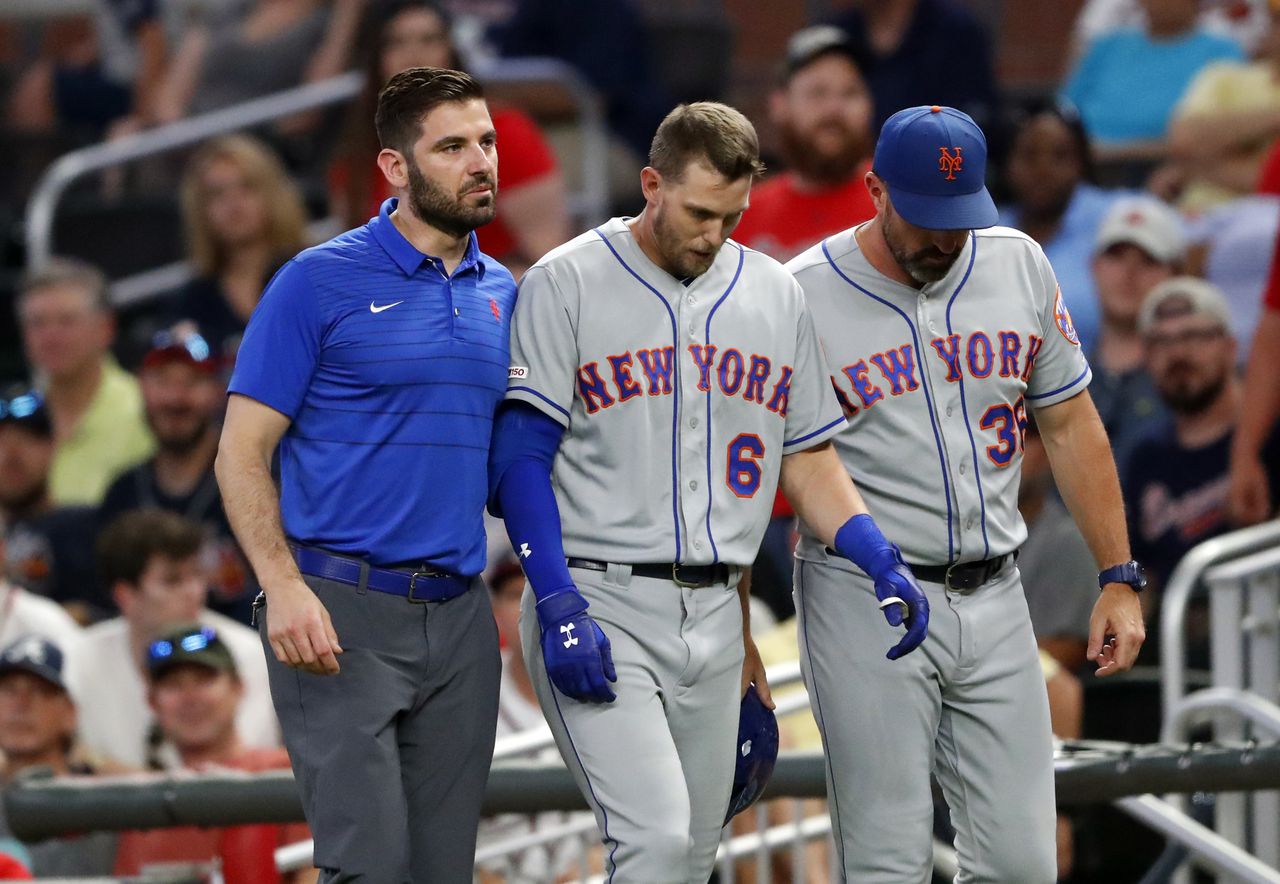 Mets Option Dedniel Nez To Syracuse Megill Joins Rotation
Apr 28, 2025
Mets Option Dedniel Nez To Syracuse Megill Joins Rotation
Apr 28, 2025 -
 23 Xi Racings Bubba Wallace Welcomes New Sponsor
Apr 28, 2025
23 Xi Racings Bubba Wallace Welcomes New Sponsor
Apr 28, 2025
